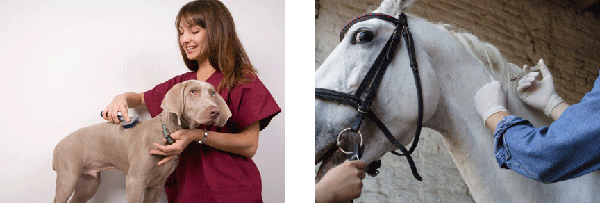We Think So!!!
A recent article in The Council for Exceptional Children Smartbrief on March 14, 2013, entitled Math Teachers Strive to Bring Core to At-Risk Students discussed how many math teachers feel about teaching core standards to their at-risk student population. These new standards for the middle schools focus on grade-by-grade expectations for deepening students’ understanding of math concepts, with an emphasis on algebraic thinking. The article goes on to state that many math teachers are concerned about the many students who are already behind in math.

Silvestre Arcos, the founding math teacher at KIPP Washington Heights Middle School says, “The big question is, how do we build up these advanced skills with kids who come in behind?” There are many ideas being floated about different approaches, however, most of them have been tried before with questionable results.
Try Another Way
Justin Minkel, a second and third grade teacher at Jones Elementary School in Springdale, Arkansas says that one approach he uses is to have students apply new math skills to the “real world”. Such approaches can help make sense of problems. Teach math in ways that relate to their own lives. By explaining how certain subjects or concepts apply to the “real world”, we can create an atmosphere that keeps at-risk students involved while incorporating the Common Core Standards.
Start With Interests
An approach that we at The Conover Company have been using for over 30 years with at-risk students is to start with interests. We have an interest test (Interest Indicator) that is linked to our Learning Assessment Programs (LAPs). LAPs are basic academic skills assessments linked to careers. LAPs were written to help bridge the gap for math and English skills from academics to their applications in the world of work. Why? For the same reason Mr. Minkel likes to teach math related to the real world—motivation. Plain and simple, motivation is increased when a student takes our interest test and then works on math or English skills that relate to an interest, such as veterinarian technician—they see the connection to their own world.

Want to learn more about our LAPs or want to access a free trial?

